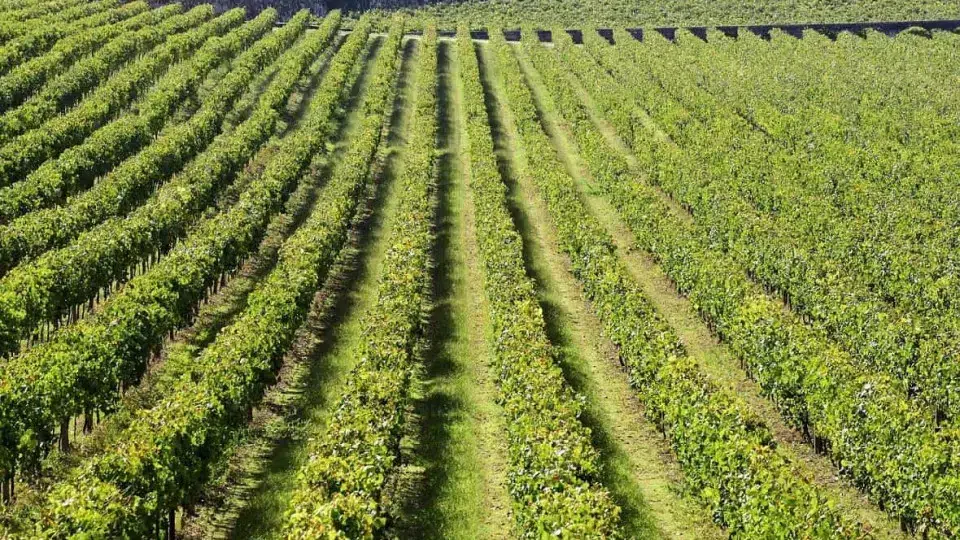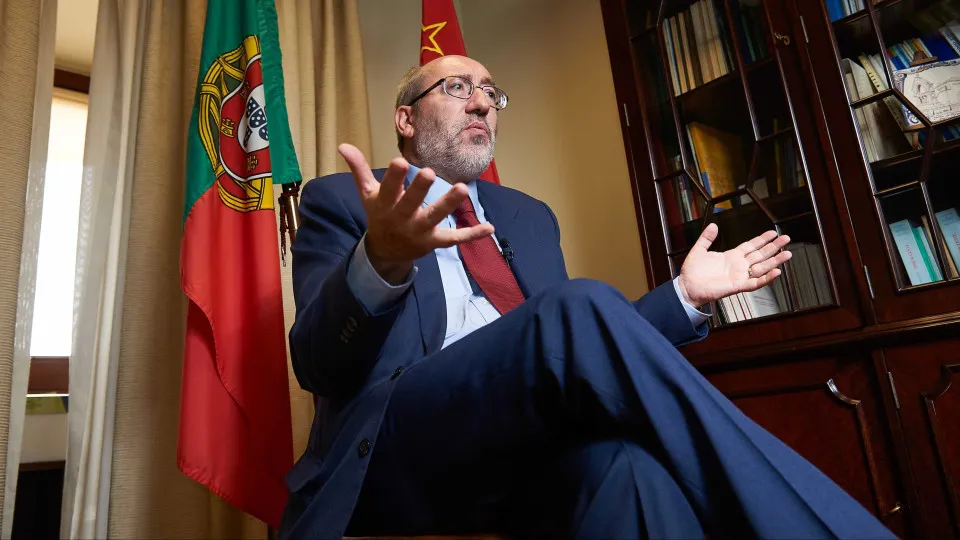
The Alentejo Wine and Spirits Association (APROVESA) has criticized the government’s decision to grant Douro winegrowers 50 cents per kilo of grapes delivered for distillation as “discriminatory, unjust, and unbalanced.”
In a statement, the association expressed its opposition to this “exclusive support measure for Douro” and called for “equality of treatment among all regions.”
APROVESA emphasized that Alentejo “demands equal treatment and the extension of equivalent measures to all national wine regions,” driven by “clear criteria of proportionality and territorial justice.”
Formed in 2022, with the aim of promoting and defending Alentejo wines and spirits both domestically and internationally, the association insisted it has “nothing against the economic agents of Douro.”
“On the contrary, we stand in solidarity with the region’s winegrowers who are facing a difficult situation and deserve support. However, this measure, fully funded by the State Budget, is discriminatory and unbalanced, as it excludes other national wine regions,” they reiterated.
APROVESA cited five arguments against the government’s measure, starting with territorial discrimination.
Noting that Alentejo accounts for “about 16% of the national wine production,” the entity argued that the region “faces the same consumption decline, inflation, and rising production costs” without benefiting from this governmental support.
The asymmetrical treatment within the sector is another argument, with the association highlighting that “the wine crisis is not exclusive to Douro: it is national and European.”
“Excess stock and declining demand also occur in other regions, including Alentejo, and supporting only one region distorts competition and creates inequality in the sector.”
The entity accused the government of “inconsistency with the principles of the CAP [Common Agricultural Policy] and the PEPAC [Strategic Plan for the CAP],” European agricultural policies based “on criteria of territorial equity and sustainability.”
The fourth argument by APROVESA is the social and economic weight of the region, as the wine sector constitutes an economic pillar, providing employment in low-density areas and being essential for population retention. Being excluded from support, Alentejo is “doubly penalized: enduring the same market problems without any public compensation.”
Finally, APROVESA pointed to a lack of governmental transparency, stating that, “after more than 15 days of silence” from Agriculture Minister José Manuel Fernandes, “it is imperative for the government to clarify the measures planned for other national wine regions and the respective ‘financial envelope.'”
On August 29, in statements to the Lusa news agency, Luís Sequeira, president of the Alentejo Regional Wine Commission, expressed Alentejo’s bewilderment and “shock” at the government’s measure.
On September 9, Patricia Cotrim, technical and executive director of the Alentejo Winegrowers Technical Association (ATEVA), told Lusa that the sector in the region is concerned and hopes “the situation will be reviewed” by the government.
The following day, the National Federation of Cooperative Wineries of Portugal (Fenadegas) issued a statement criticizing the exclusivity of the support for Douro and demanding “equality for all wine regions.”
Douro winegrowers wishing to access the 50 cents per kilo distillation support must submit applications by September 25, according to an ordinance published in the Diário da República last Monday.




